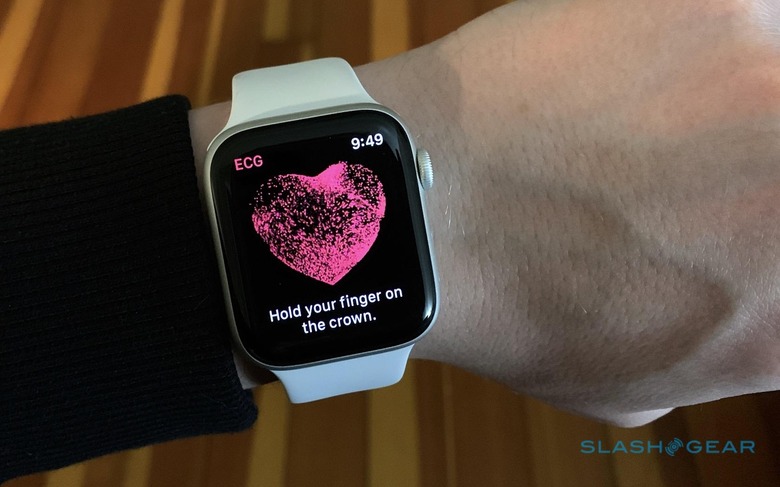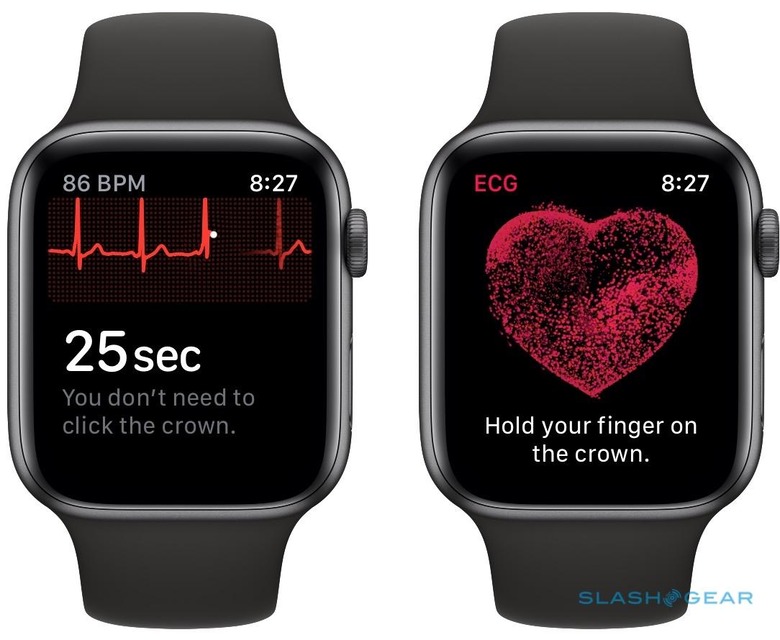Apple hunts Medicare funds for Apple Watch on seniors' wrists
Apple is shopping the Apple Watch around private Medicare plan providers, in the hope of getting the health-tracking smartwatch onto the wrists of seniors. Now in its fourth generation, the latest Apple Watch features the ability to perform basic electrocardiogram tests to ascertain heart health, as well as a fall detection system that can spot if the wearer has collapsed and summon help.
The wearable has had some success with healthcare insurance companies in the past. A deal inked back in 2016 with Aetna saw customers and employees of the firm offered a subsidized Apple Watch, integrating with custom health tracking apps. Other providers, like United Healthcare, have begun offering subsidies based on physical activity, tracked by the Apple Watch itself.
For insurers, the potential of the wearable is high. As well as spotting warning signs for potential illness – such as sedentary lifestyles or a sudden change in activity – there's the fact that customers are probably less likely to switch if they're getting a subsidized Apple Watch in the process.

Now, though, the target is a potentially even more lucrative market. Apple has been in talks with at least three private Medicare providers, CNBC's sources claim, about targeting 65 year olds and above as the next big Apple Watch audience. The focus of the discussions has been around how offering the wearable at a cheaper price to seniors might actually save costs in the long run.
Private Medicare plans, known as Medicare Advantage plans, get US government financial support for providing senior services. Each customer is worth around $10,000 in government payouts, it's said, with a relatively wide degree of flexibility in how that money is spent on services or other products. Given how expensive in-patient care can be, spotting early warning signs of health risks with a fitness-focused wearable could end up more than covering how much the Apple Watch itself is.

Fall detection, for example, was added by Apple to the smartwatch late last year. It uses sensors and AI in the wearable to differentiate between normal movements and signs that someone might have fallen over and be partially or fully incapacitated. In response, it can contact emergency services and then share the wearer's location data with them, in order for a swifter rescue to be facilitated.
No deals with insurers have been struck yet, it's suggested, and Apple declined to comment on the report. However CEO Tim Cook had previously suggested that a big healthcare announcement was on the cards for 2019, and indeed argued that hindsight would decide Apple's impact on health was its "most important contribution to mankind."
